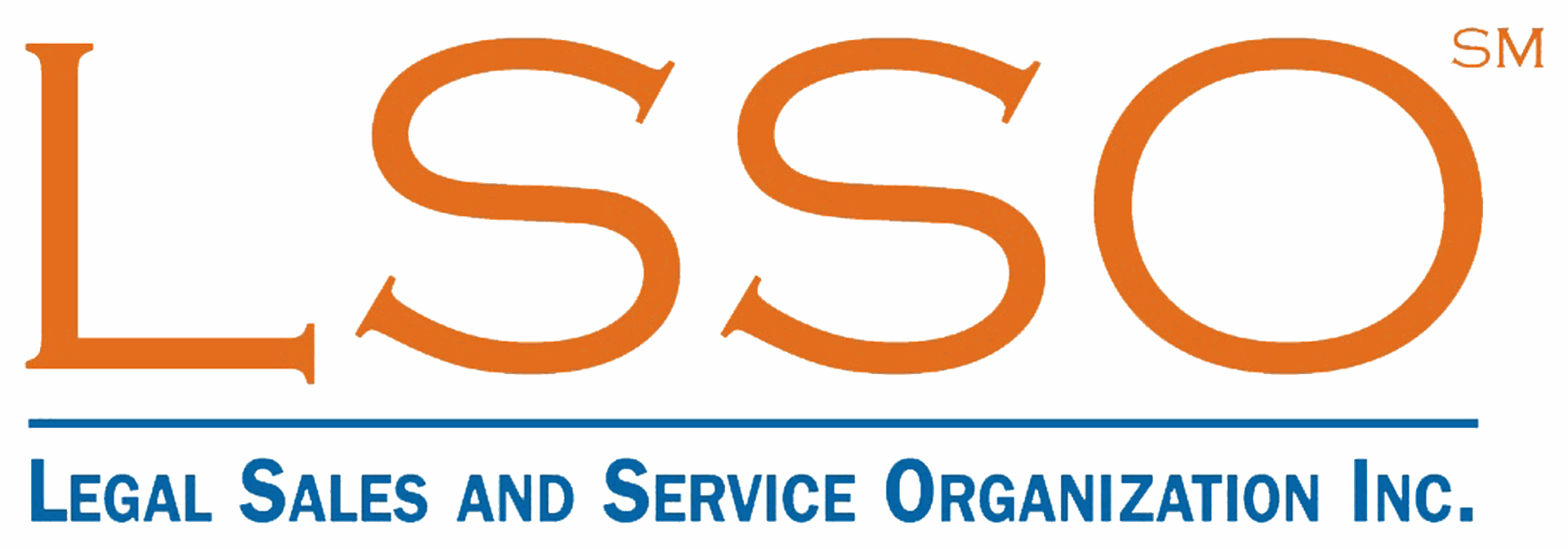Author: Gemma Prescott, Practice Group Leader - Marketing and Business Development, Intapp | Founding Member, LSSO SSSME Board
Law firms are now sophisticated at providing, and reporting on, those “value-add” services – CLE programs or knowledge management consultancy perhaps – offered in addition to their core legal advice. These help to deepen relationships, with both parties benefiting from the ensuing transfer of knowledge. Fewer firms consistently show the same rigor in precisely articulating the value that will be delivered on matter, however.
Traditionally, this value might have felt implied: at the outset both client and lawyer share a sense of the problem (an investigation) or objective (a commercial agreement) and so the “why” is clear enough. But two trends present an occasion for lawyers to sharpen the articulation of their unique value, emulating other industries.
- The evolution in legal service delivery models and expansion into new service areas – risk or legal operations consulting as an example – which continues apace. With this transition comes a new competitor set [the Big 4, Alternative Legal Service Providers (ALSPs), technology vendors], perhaps more practiced in articulating value or business cases, given their heritage with long-term transformation projects where an ability to explore specific pain points, and demonstrate a value against relieving those, may unlock budget and ultimately project approval. Certainly, since moving from the legal to technology sector I have witnessed first-hand the benefits provided by specialist value engineers, professionals who work with our clients to articulate a measurable case for change.
- A continued demand from corporate legal departments (CLD) for Alternative Fee Arrangements (AFAs) instead of pricing based on time-inputs (hours-recorded), where lawyers are less challenged to unpack more precisely the outcomes or value of their service. Value-Based AFAs, although demanding a rigor of discussion regarding relevant outcomes and data robust enough to support their measurement, which means they are found less commonly than Time-Based AFAs, are attractive in more tightly aligning law firm service with longer-term organizational goals.
Finding Value in the Why and the How
Increasing pricing sophistication and flexibility is not the only benefit of asking deeper discovery questions. Exploring the themes below to help unpick business value (the why) with a prospect will also likely produce a much richer picture of the stakeholders involved – and their personal drivers and pain points – than can be inferred from an RFP or RFI document.
- Strategy enablement – Understanding the importance of a joint venture in enabling new market access.
- Risk & compliance – Embedding a new compliance program to mitigate risks arising from changing business practices.
- Measurable benefits – Increasing the speed of contacting through automation.
- Innovation – Enabling broader transformative change deemed to be strategically important, such as accepting bitcoin.
The unique value in a firm’s proposition can often be found in how advice will be provided – perhaps responding to specific CLD pain points unearthed through the conversation(s) above. The broadening of service teams to include additional disciplines such as project managers, legal technologists, etc. provides an important means of differentiation over and above the potential to reduce (expensive) senior lawyer hours.
The goal here will be to ensure pursuit teams articulate this broader value. To provide two examples:
- Painting a picture of how including project managers or process improvement specialists in the team means that post matter the client will gain a clearly documented process or playbook that their team can use going forwards, and a more repeatable, optimized process that could be followed by more junior resource, or outsourced, within clearly defined risk parameters, saving costs in the longer-term.
- Or, from a legaltech perspective, having applied document review tools to help interrogate a population of contracts to resolve a specific question – exposure to force majeure clauses in supply chain contracts during the Covid-19 pandemic, for example – positioning the longer-term benefit of how having structured data points about their contracts available will enable future analysis more quickly.
The benefits of a more tightly agreed value case are likely to sustain past selection. A more comprehensive encapsulation of the longer-term value provided may also extend the period of gratitude experienced by a client, before the decline described in Foonberg’s Gratitude Curve sets in, with invoice or service-related queries then increasing. And during the matter this clarity will ensure newer team members quickly understand their client’s longer-term drivers and the role they play in achieving those, improving service.
Evidencing the Value of Your Experience
Presenting outcomes in this way will help to preserve the perceived value in a team’s service (and so protect a firm’s price point) even if overall costs (time-inputs) have been reduced. This conundrum of proving value when experience or service models allow a lawyer to provide advice quickly is neatly captured in the story told about an impromptu portrait-sitter complaining about the price asked by Picasso for a quickly produced sketch. Though delighted with the result, she challenged the cost given he produced it in minutes. He is said to have replied: “No, madam, it took me my whole life.”
The intangible nature of experience or market insights and the value they afford a client, perhaps in helping to achieve a more efficient negotiation and so quicker market access for the joint venture identified above, can be a challenge, especially when a client is deciding to trust their business to a lawyer for the first time and so hasn’t experienced (and valued) their insights on previous matters.
Traditionally firms have relied on providing lengthy credentials lists as a proxy. But as firms adopt more advanced data strategies, lawyers will be able to play back to clients a more compelling analysis of how they have seen similar matters unfold given the counterparties involved, detailing market practice and expected negotiation outcomes.
For examples of the ways in which data-savvy private capital firms leverage deal data, with legal advisors increasingly interested in emulating their investor counterparts, this recent LSSO webinar – Drive Your Law Firm’s Business Development Like a Private Equity Firm presented by Intapp (2023 Feb 22) – may be of interest.
As CMOs continue to invest in more advanced skills development and new roles to give their teams the edge, value-engineering ought to move up the agenda.

Gemma Prescott is the Practice Group Leader for Marketing and Business Development at Intapp. Prior to joining Intapp, Prescott was Head of Business Development at the multi-national law firm Allen & Overy, initially for the Global Litigation practice and then for the Advanced Delivery and Solutions practice, which consisted of legal technology, consulting, and alternative resourcing.

